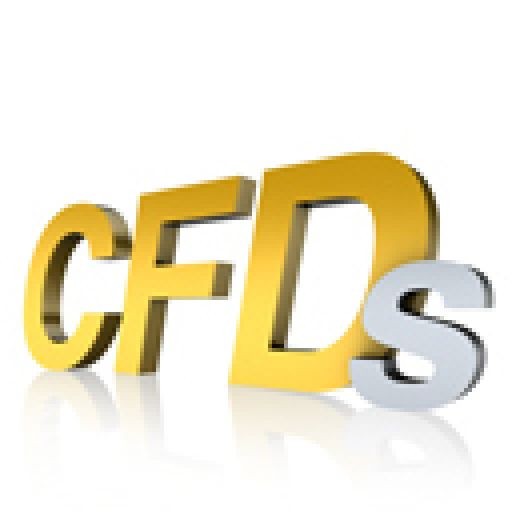How to trade Contract For Difference (CFD)
Post on: 12 Апрель, 2015 No Comment

The abbreviation “CFD” has been popping up recently on many forex broker websites around the globe, offering ostensibly another active way to trade stocks, commodities and indices. CFD stands for “Contracts For Differences”, and here is a standard definition provided by a popular Internet investment information website:
Want to be featured in this broker list? Send an email to: brokers[@]forextraders.com
Although gaining in popularity with day traders, CFDs are not permitted in all jurisdictions of the world. Where they are offered legally, they may trade on a regulated exchange or have a market determined by a broker and its back-office operation. In many cases, a CFD is almost like trading an option without and expiration date, although some brokers have chosen to force a point of expiration for their own bookkeeping and risk management reasons.
The net effect is that you may trade commodities, but never have to worry about taking possession of the actual asset involved. In a way, the process is very similar to what prevails in the retail forex market, where accounts are reset every evening to prevent the risk of taking ownership of a delivered currency. CFDs can be held overnight, but a broker will typically charge a fee for this occasion.
Since a market maker, i.e. broker, is generally the seller of these instruments, he can also establish liquidity on the spot, which allows the broker to offer leverage, as with forex, but limited to much lower values, usually “20:1”. Since the buying and selling only occurs between the broker and his client and no physical title of an asset exchange must be recorded, the transaction will never affect the actual order flows for a particular stock or commodity. Trading in CFDs for a specific asset will therefore not influence the valuations that the market independently determines.
The CFD is in a way like buying an at-the-money stock option, since you are buying a leveraged instrument that will appreciate or depreciate based on the direction that prices move. Since the market-maker is allowed to make his own prices, the trader may suspect that spreads are being manipulated to a degree by slippage or by benefiting from prior knowledge from delays in the process, but at the end of the day, transaction fees are lower than trading an option, stock or commodity in their respective markets. Active traders have been the first ones to appreciate this pricing benefit and recognize that it is a favorable alternative to dealing with discount brokerage houses.
Are CFDs right for you? The best approach is always to demo test the product, with ample due diligence performed on the applicable broker in question. Start with small amounts and do not jump in with both feet until you feel comfortable with the product, understand fully how to mitigate your downside risk, and accept the various nuances defined in the broker’s trading agreement.
CFDs are gaining in popularity as a trading instrument in many countries around the globe, but if you are interested, check for local offerings, if permitted by law, and let caution be your guide.














